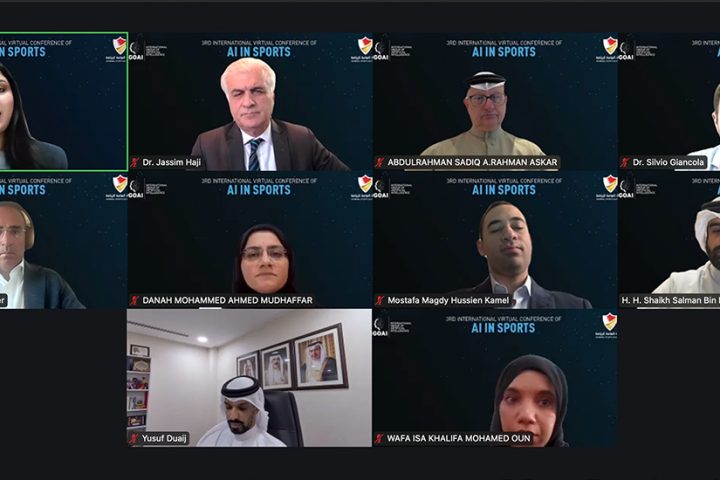Artificial intelligence ethics is a system of moral principles and techniques intended to inform the development and responsible use of artificial intelligence technology. As artificial intelligence has become integral to products and services, organisations are starting to develop artificial intelligence codes of ethics.
An artificial intelligence code of ethics, also called an artificial intelligence value platform, is a policy statement that formally defines the role of artificial intelligence as it applies to the continued development of the human race.
The purpose of an artificial intelligence code of ethics is to provide stakeholders with guidance when faced with an ethical decision regarding the use of artificial intelligence.
The rapid advancement of artificial intelligence in the past five to ten years has spurred groups of experts to develop safeguards for protecting against the risk of artificial intelligence to humans.
However artificial intelligence code of ethics is very much dependent on the cultures and for instance European code of ethics is not necessarily applicable to the Middle East or vice versa.
Modern machine learning systems are so complex, and consume such an incredible amount of data, that explaining how they make decisions to lawmakers let alone regulating it is a tall order.
Also consider the fact that artificial intelligence has numerous applications across many different fields and industries healthcare, financial services, criminal justice, education, insurance, just to name a few. A traditional regulatory approach would likely be ineffective and incredibly hard to enact.
That is why, for the time being, many governments are taking a tentative approach to artificial intelligence laws. In many cases, it is simply too early to tell what kinds of wide-ranging impacts artificial intelligence will have on society. Existing laws and regulations apply to very specific areas of artificial intelligence application.
The team leader is an artificial intelligence architect who knows how to put analytics in action by operationalising for outcomes. The value of a diverse team ranges far and wide. It can help organisations better combat against artificial intelligence bias.
It is also important to solving business problems including the largest and toughest problems which is the reason the organisation is developing an artificial intelligence strategy in the first place.
The ideal team driving the artificial intelligence initiative in an organisation should be a led by a leader with the following attributes:
- Must understand business processes critical to establishing real-world scenarios and valuable outcomes
- Must understands analytics, machine learning, statistics, forecasting and optimisation, leading to the right techniques
- Must understands data, where does it come from, what is the quality, how it should be handled to preserve security and trust
Tools being used for AI
- Scikit Learn
- TensorFlow
- Theano
- Caffe
- MxNet
- Keras
- PyTorch
- CNTK
- Auto ML
- OpenNN
- H20: Open-Source AI Platform
- Google ML Kit
Best practices for AI
- Understand your data and business
- Stand on the shoulders of giants
- Do not believe everything in the media
- Start with a straightforward approach
- Define your baseline
- Plan and track your experiments
- Do not spend too much time on finetuning
- Make your experiments reproducible

























